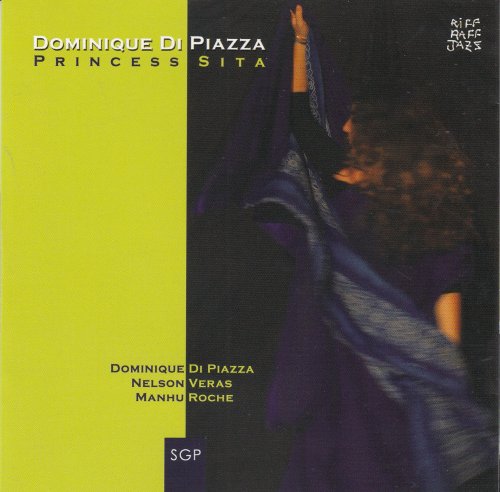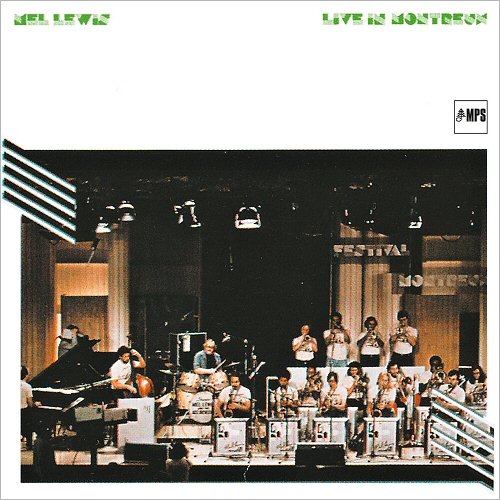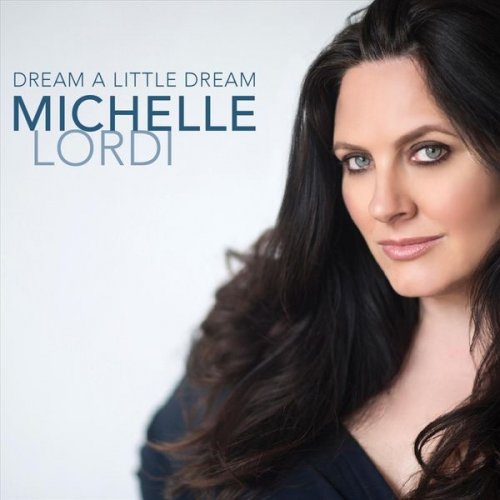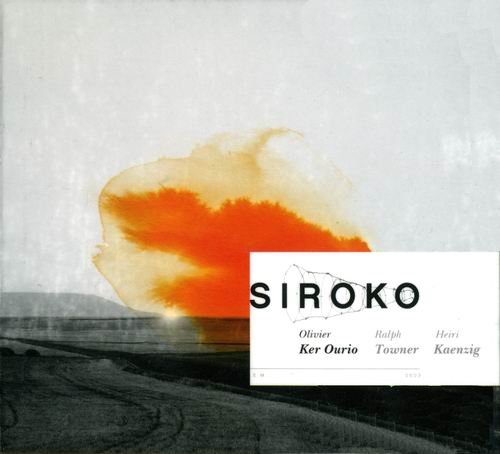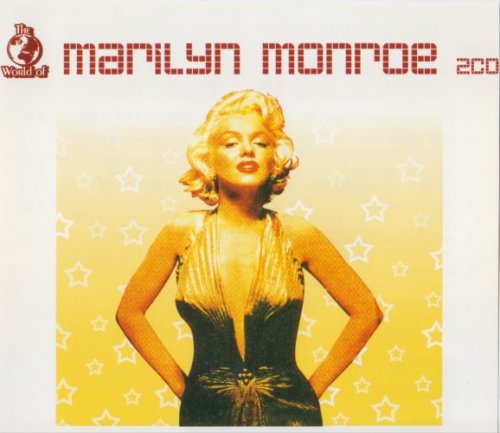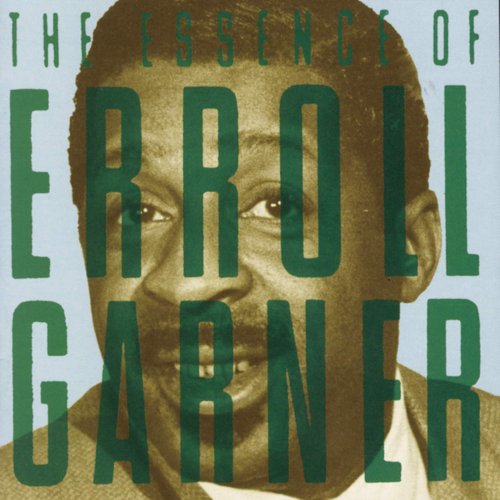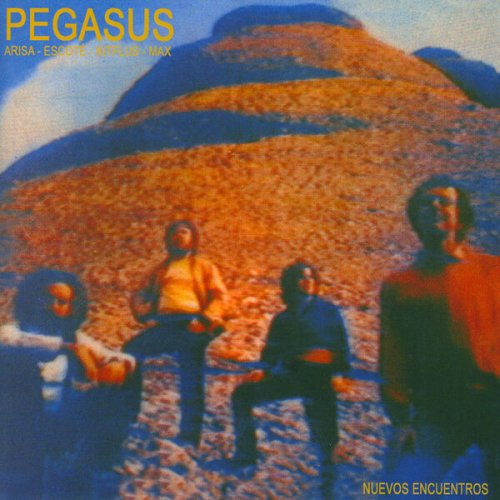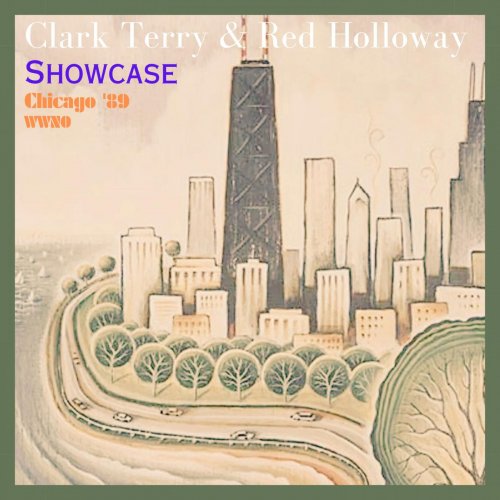Charlotte de Rothschild - Discover the Songs of C. Armstrong Gibbs (2022)
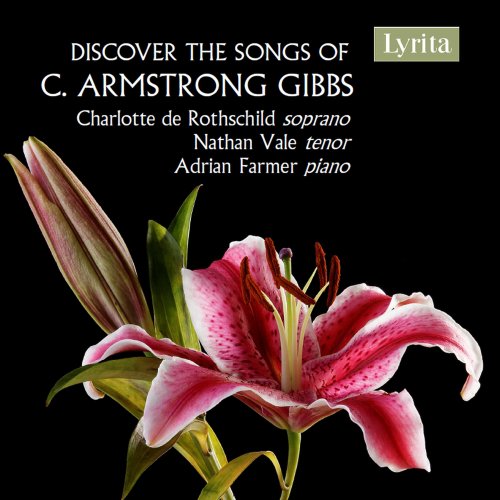
Artist: Adrian Farmer, Nathan Vale, Charlotte de Rothschild
Title: Discover the Songs of C. Armstrong Gibbs
Year Of Release: 2022
Label: Lyrita
Genre: Classical
Quality: FLAC (tracks+booklet)
Total Time: 65:30 min
Total Size: 232 MB
WebSite: Album Preview
Tracklist:Title: Discover the Songs of C. Armstrong Gibbs
Year Of Release: 2022
Label: Lyrita
Genre: Classical
Quality: FLAC (tracks+booklet)
Total Time: 65:30 min
Total Size: 232 MB
WebSite: Album Preview
1. No. 2, Five Eyes (Version for Voice & Piano)
2. No. 1, John Mouldy
3. Dream Song, Op. 9 No. 1 (Version for Voice & Piano)
4. To Anise (Arr. M. Currie for Voice & Piano)
5. No. 2, Silver
6. The Ballad of Semmerwater
7. On Duncton Hill
8. Hypochondriacus
9. The Witch
10. Lament for Robin Hood
11. No. 1, The Stranger, Op. 21 No. 2
12. No. 2, The Linnet, Op. 21 No. 1
13. No. 3, The Mountains, Op. 19 No. 2
14. No. 4, Love in the Almond Bough, Op. 19 No. 1
15. No. 5, The Bells, Op. 14 No. 2
16. The Exile
17. The Flooded Stream (Version for Voice & Piano)
18. Midnight
19. Evening in Summer
20. By a Bier-Side
21. The Tiger-Lily
22. Slow, Horses, Slow (Version for Voice & Piano)
23. The Fields Are Full
24. Take Heed, Young Heart
25. No. 1, The Barber's
26. No. 2, Miss T
27. No. 3, Old Shellover
28. No. 4, Hide and Seek
29. No. 5, Then
30. Lullaby
Cecil Armstrong Gibbs (he disliked the name Cecil so was known as Armstrong) was a prolific and versatile composer of the first half of the twentieth century. He studied under Sir Adrian Boult and Ralph Vaughan Williams. His contemporaries were Herbert Howells, Sir Arthur Bliss and Sir Arnold Bax. Known principally for his solo songs Gibbs also wrote music for the stage, sacred works, three symphonies and a substantial amount of chamber music. He gained wide recognition during the early part of his life. He continued to compose and conduct up until his death in May 1960.
His popular songs fully deserve their treasured position, but now we could easily match them with a new selection – To Anise, The Cherry Tree, On Duncton Hill, The Tiger-Lily, Midnight, Slow Horses Slow, The Exile and Take Heed Young Heart might be concert winners given a chance. In them we find the same simplicity and sensitivity to text. It has been remarked more than once that performers will find the best songs among the settings of de la Mare, this rather easy simplification holds less well when, as in this collection, we can assess Armstrong Gibbs output in a more complete form.
His popular songs fully deserve their treasured position, but now we could easily match them with a new selection – To Anise, The Cherry Tree, On Duncton Hill, The Tiger-Lily, Midnight, Slow Horses Slow, The Exile and Take Heed Young Heart might be concert winners given a chance. In them we find the same simplicity and sensitivity to text. It has been remarked more than once that performers will find the best songs among the settings of de la Mare, this rather easy simplification holds less well when, as in this collection, we can assess Armstrong Gibbs output in a more complete form.
![Inclusion Principle - Third Opening (2020) [Hi-Res] Inclusion Principle - Third Opening (2020) [Hi-Res]](https://img.israbox.com/img/2026-01/21/p8lsxgh9c05zvfinms5mdctxz.jpg)
